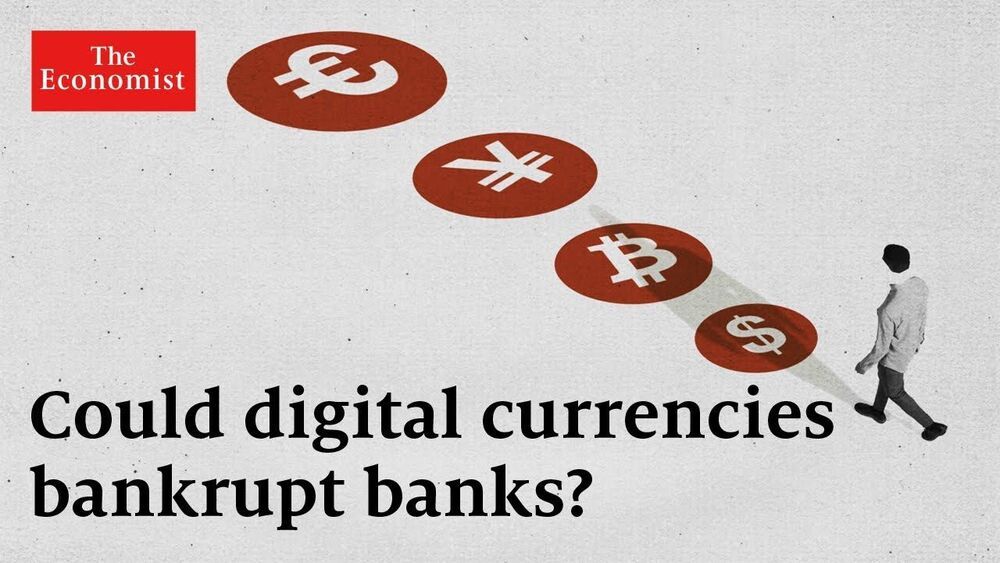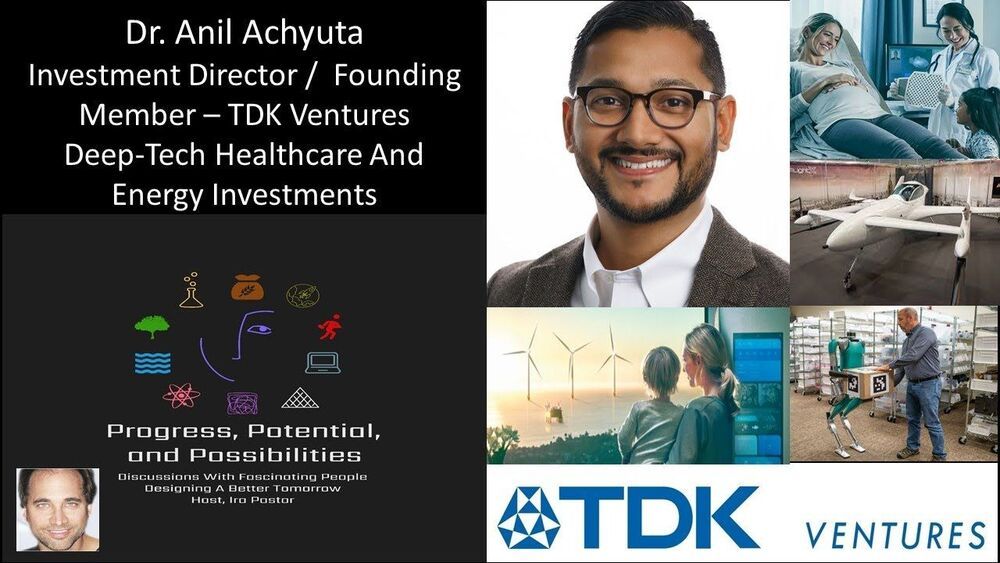
In this nearly 4-hour SPECIAL EPISODE, Rob Reid delivers a 100-minute monologue (broken up into 4 segments, and interleaved with discussions with Sam) about the looming danger of a man-made pandemic, caused by an artificially-modified pathogen. The risk of this occurring is far higher and nearer-term than almost anyone realizes.
Rob explains the science and motivations that could produce such a catastrophe and explores the steps that society must start taking today to prevent it. These measures are concrete, affordable, and scientifically fascinating—and almost all of them are applicable to future, natural pandemics as well. So if we take most of them, the odds of a future Covid-like outbreak would plummet—a priceless collateral benefit.
Rob Reid is a podcaster, author, and tech investor, and was a long-time tech entrepreneur. His After On podcast features conversations with world-class thinkers, founders, and scientists on topics including synthetic biology, super-AI risk, Fermi’s paradox, robotics, archaeology, and lone-wolf terrorism. Science fiction novels that Rob has written for Random House include The New York Times bestseller Year Zero, and the AI thriller After On. As an investor, Rob is Managing Director at Resilience Reserve, a multi-phase venture capital fund. He co-founded Resilience with Chris Anderson, who runs the TED Conference and has a long track record as both an entrepreneur and an investor. In his own entrepreneurial career, Rob founded and ran Listen.com, the company that created the Rhapsody music service. Earlier, Rob studied Arabic and geopolitics at both undergraduate and graduate levels at Stanford, and was a Fulbright Fellow in Cairo. You can find him at www.after-on.

















